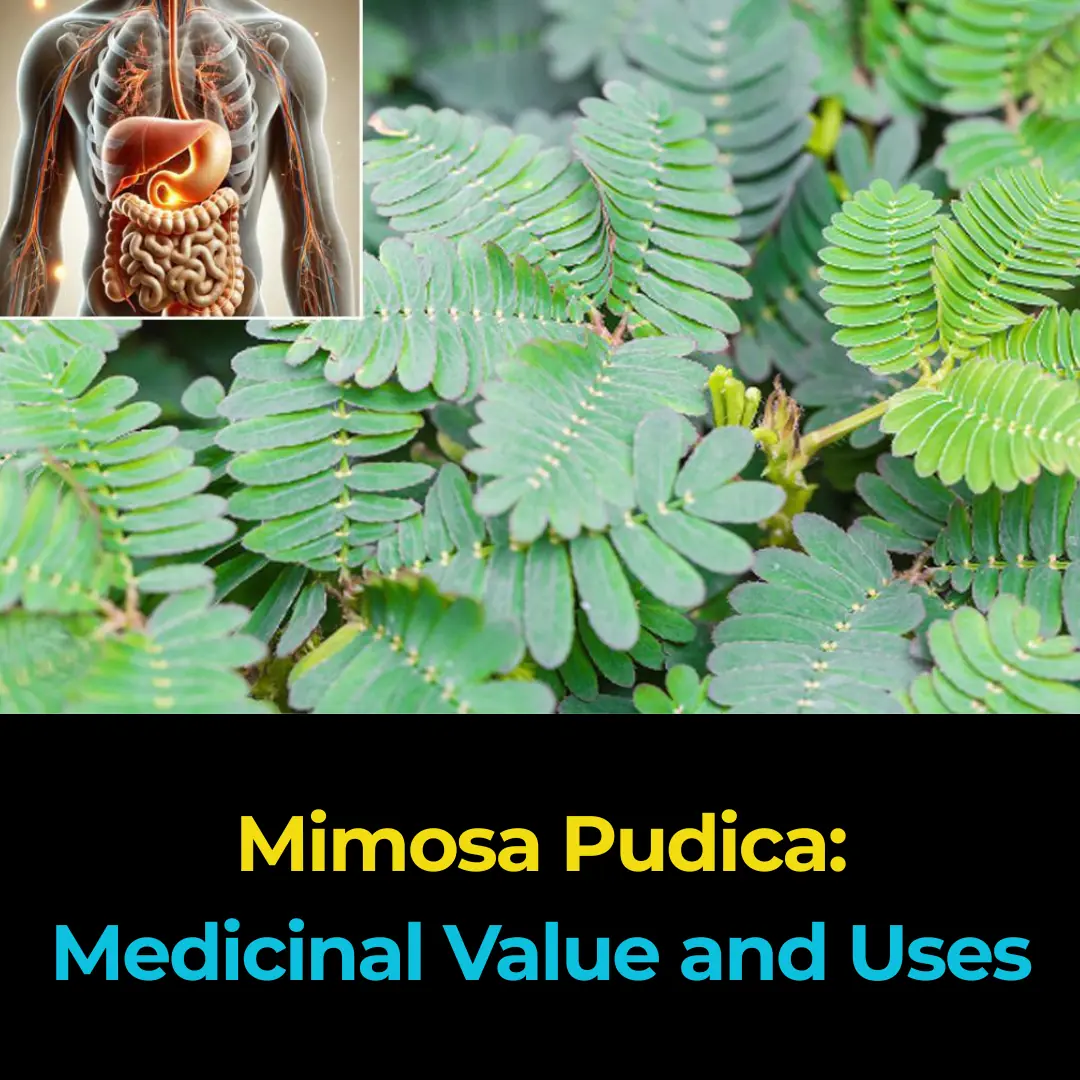
This drink helps reduce gastroesophageal reflux and heartburn effectively
Gastroesophageal reflux disease (GERD) is a chronic digestive condition where stomach acid frequently flows back into the esophagus, causing irritation, inflammation, and the well-known symptom of heartburn. While occasional acid reflux is common and generally harmless, frequent reflux can lead to GERD, which may require medical treatment to prevent complications.
According to the Mayo Clinic, GERD treatment often involves a combination of medication, lifestyle modifications, and in rare cases, surgery. Understanding the symptoms, risk factors, and management strategies is essential for those affected.
Common Symptoms of GERD
People with GERD often experience:
-
A burning sensation in the chest—commonly called heartburn—that usually occurs after meals and can worsen at night or when lying down.
-
A backflow of food or sour liquid into the throat.
-
Chest and upper abdominal pain.
-
Difficulty swallowing or feeling like there is a lump in the throat.
-
Persistent coughing, hoarseness, or sore throat in some cases.
Risk Factors That Increase GERD Likelihood
Several factors can contribute to or worsen GERD symptoms, including:
-
Obesity, which increases abdominal pressure.
-
Connective tissue disorders such as scleroderma.
-
Pregnancy, due to hormonal changes and pressure on the stomach.
-
Hiatal hernia, where part of the stomach pushes up through the diaphragm.
-
Lifestyle factors such as smoking, eating large meals, and consuming certain foods and beverages including coffee and alcohol.
-
Taking certain medications, such as aspirin, which can irritate the esophagus.
Drinks That May Provide Relief from Reflux and Heartburn
While no drink can cure GERD, some can offer temporary soothing effects and help alleviate symptoms when combined with other treatments and lifestyle adjustments.
1. Warm Water
Drinking warm water can soothe the esophagus and aid digestion by helping food move more smoothly through the digestive tract. It also slightly dilutes stomach acid, reducing irritation. However, drinking large amounts quickly may exacerbate reflux, so it’s best used as a gentle comfort measure.
Avoid cold water as it can cause the esophagus to contract, potentially worsening symptoms.
2. Fresh Ginger Tea
Ginger is well-known for its natural anti-inflammatory properties and its ability to support digestion. Drinking warm ginger tea may calm the stomach and reduce nausea, as well as soothe esophageal irritation caused by acid reflux.
However, moderation is key—excessive ginger intake can sometimes aggravate heartburn in sensitive individuals.
3. Potato Juice
Though less commonly known, potato juice may help neutralize stomach acid and coat the stomach lining, reducing irritation. Drinking a small amount of freshly squeezed potato juice before meals might help lessen heartburn episodes. Caution is advised as large quantities could disturb digestion.
4. Aloe Vera Juice
Aloe vera juice is often used as a natural remedy for GERD because it may help calm inflammation in the esophagus and reduce stomach acid levels. It can also coat the digestive tract, providing additional relief from burning sensations.
To avoid side effects such as diarrhea, it’s important to consume only small amounts of aloe vera juice.
5. Peppermint Tea — Use with Caution
While peppermint tea is a popular digestive aid that can relieve bloating and nausea, it may actually worsen GERD symptoms in some people. Peppermint relaxes the lower esophageal sphincter—the muscle that keeps stomach acid from flowing back into the esophagus—potentially triggering heartburn.
If you choose to try peppermint tea, monitor your body's response carefully and discontinue use if symptoms worsen.
Additional Tips for Managing GERD
-
Eat smaller, more frequent meals rather than large ones.
-
Avoid lying down immediately after eating—wait at least 2-3 hours.
-
Elevate the head of your bed to prevent nighttime reflux.
-
Avoid trigger foods such as spicy dishes, citrus, chocolate, and fatty foods.
-
Maintain a healthy weight and quit smoking.
Conclusion
While GERD is a common and sometimes painful condition, understanding the symptoms, risk factors, and appropriate treatments can help manage it effectively. Incorporating certain drinks such as warm water, ginger tea, or aloe vera juice might provide some relief, but they should be part of a broader treatment plan overseen by a healthcare professional.
If you experience frequent heartburn or other symptoms of GERD, consult your doctor to develop a comprehensive care plan tailored to your needs.
News in the same category


13 Detox Foods To Flush Out Toxins, Fight Cancer Cells And Relentlessly Hunt Free Radicals

Doctor warns: your ‘healthy’ lemon water habit is actually destroying your liver – here’s what you’re doing wrong

Gentle Stretches to Relieve Sciatica Pain

Surprising Signs You're Actually Gluten Intolerant

6 Surprising Reasons Why Your Feet Are Cold
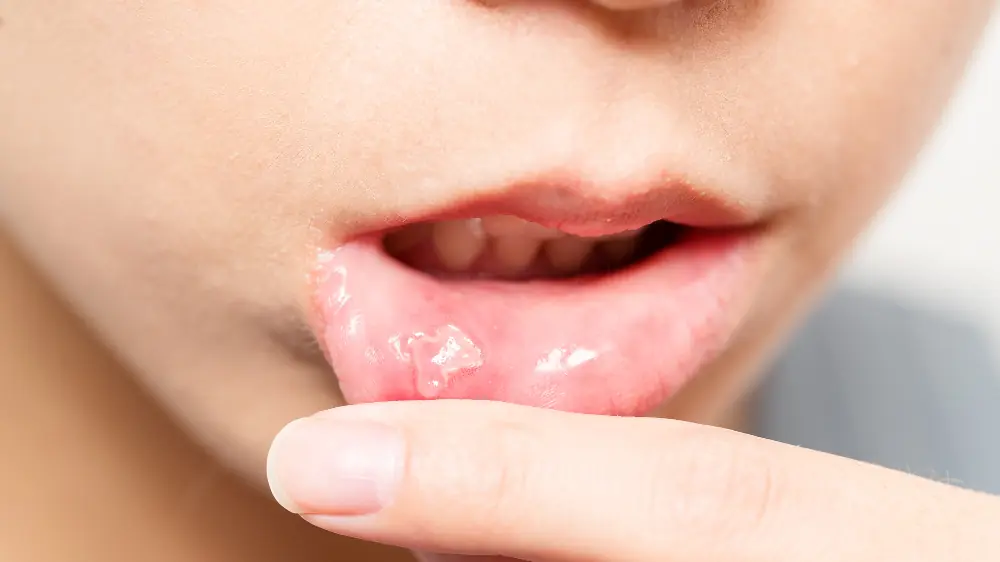
Cold Sores: How to Reduce Symptoms and Speed Up Recovery

52-year-old man died of diabetes, doctor advised: 4 types of breakfast should be removed from the table

This Courageous Woman Says Experiencing a Stroke Was the Best Thing That Ever Happened to Her

8 Reasons for Dark Circles That Aren’t Due to Lack of Sleep
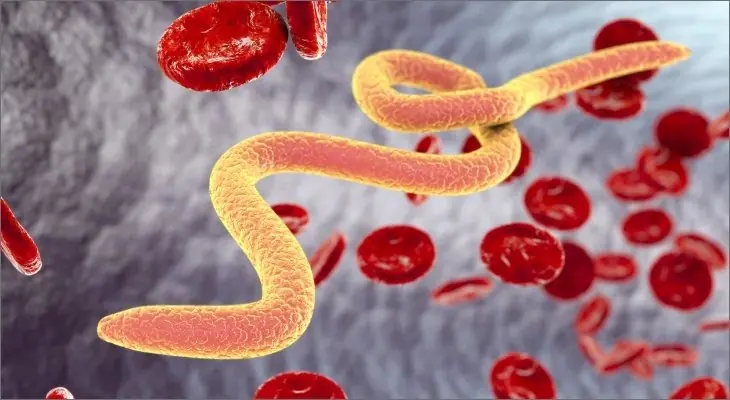
Always Tired, Bloated, or Foggy? This Can Be Why… Follow This Parasite Cleanse Diet
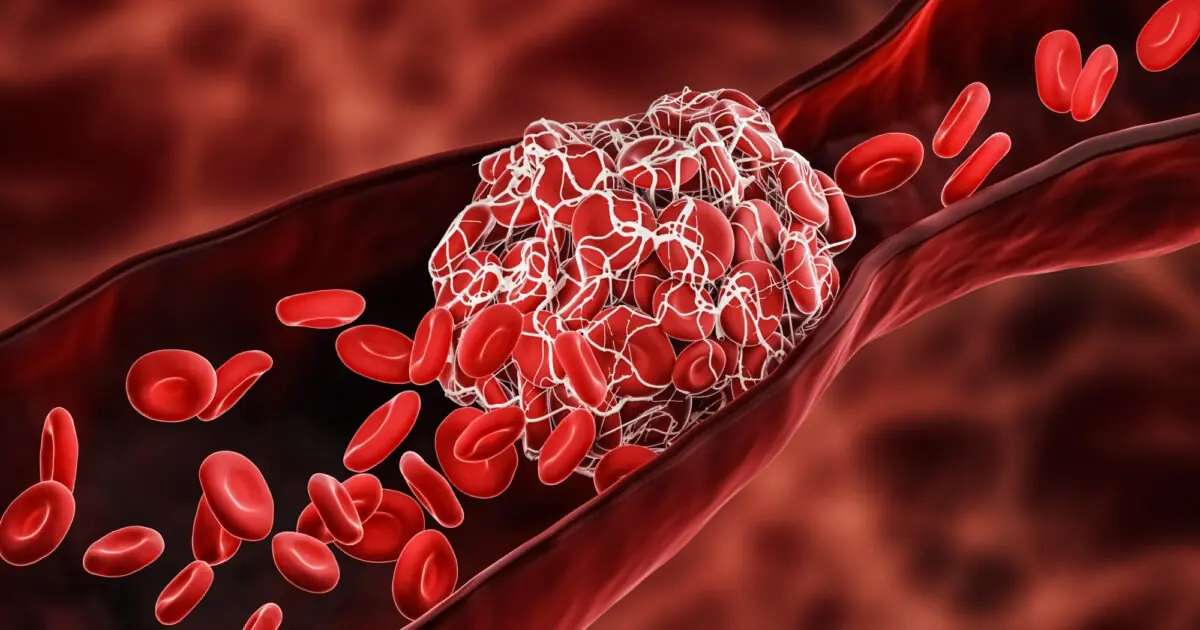
A Blood Clot Can Lead to a Heart Attack, Thrombosis, or a Stroke. Discover 16 Powerful Blood-Thinning Foods You Need
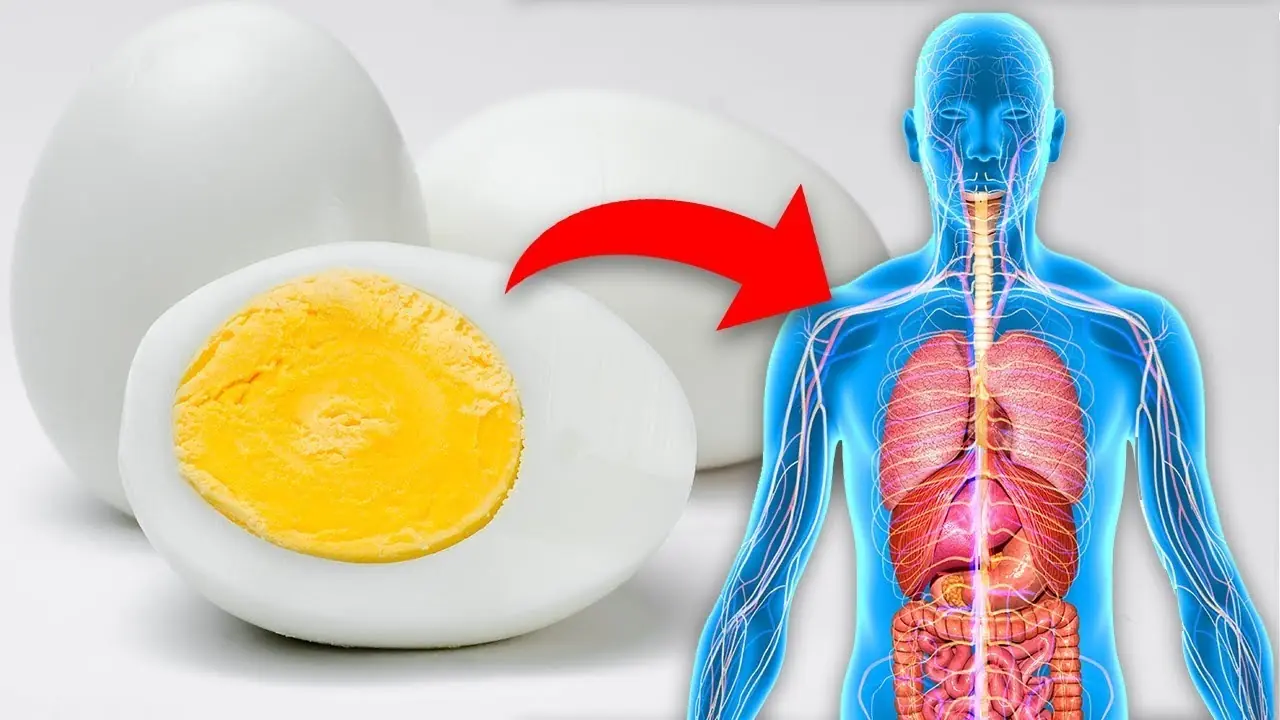
Here’s What Happens to Your Body When You Eat Two Eggs a Day. I Would Have Never Believed No. 4… Unbelievable!!!

WARNING: Your Fingernails Are Trying to Tell You Something—Don’t Ignore These Signs!

Symptoms That Can Be Caused by Stress
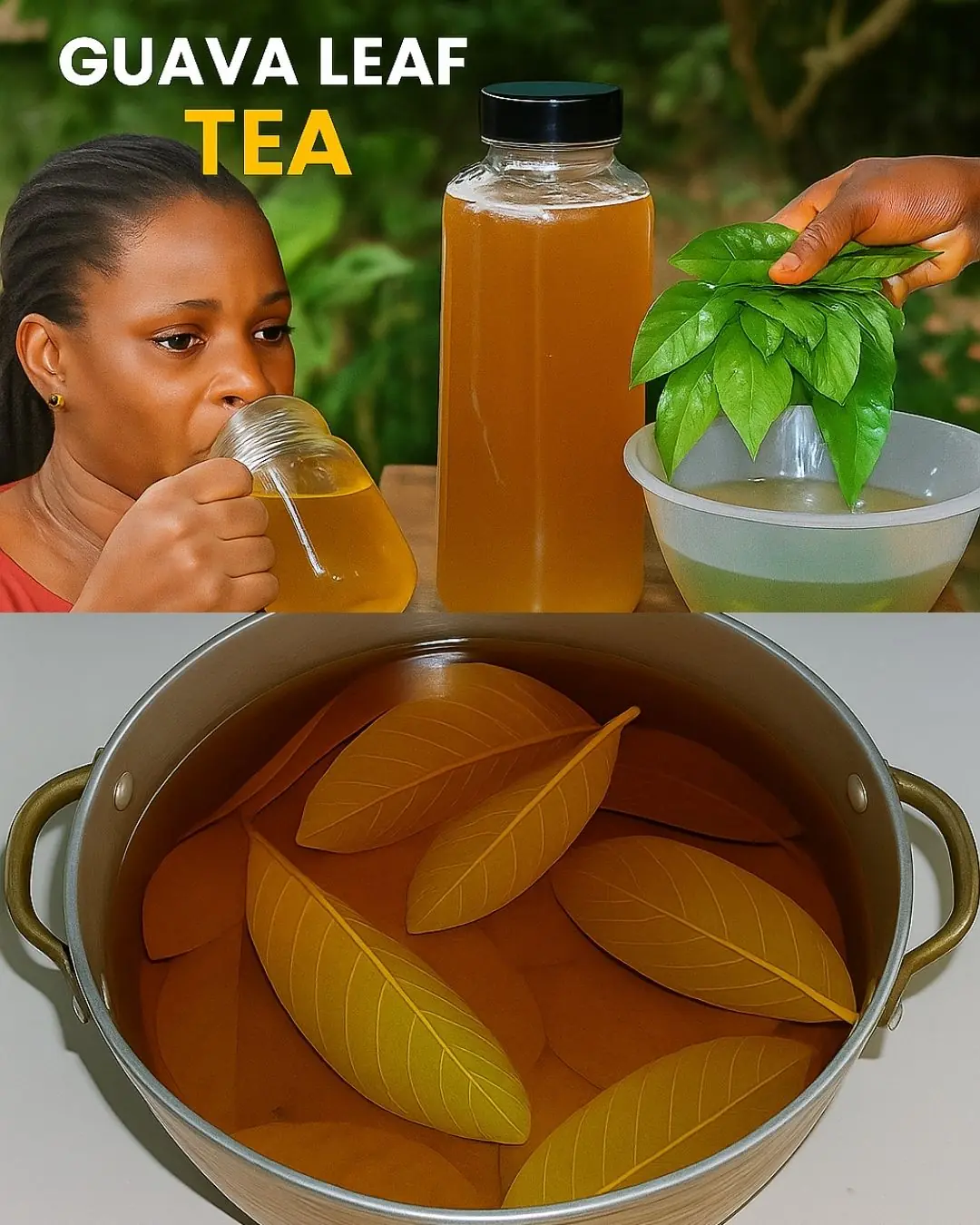
🌿 17 Health Conditions That May Benefit from Guava Leaf Tea + Easy Homemade Recipe
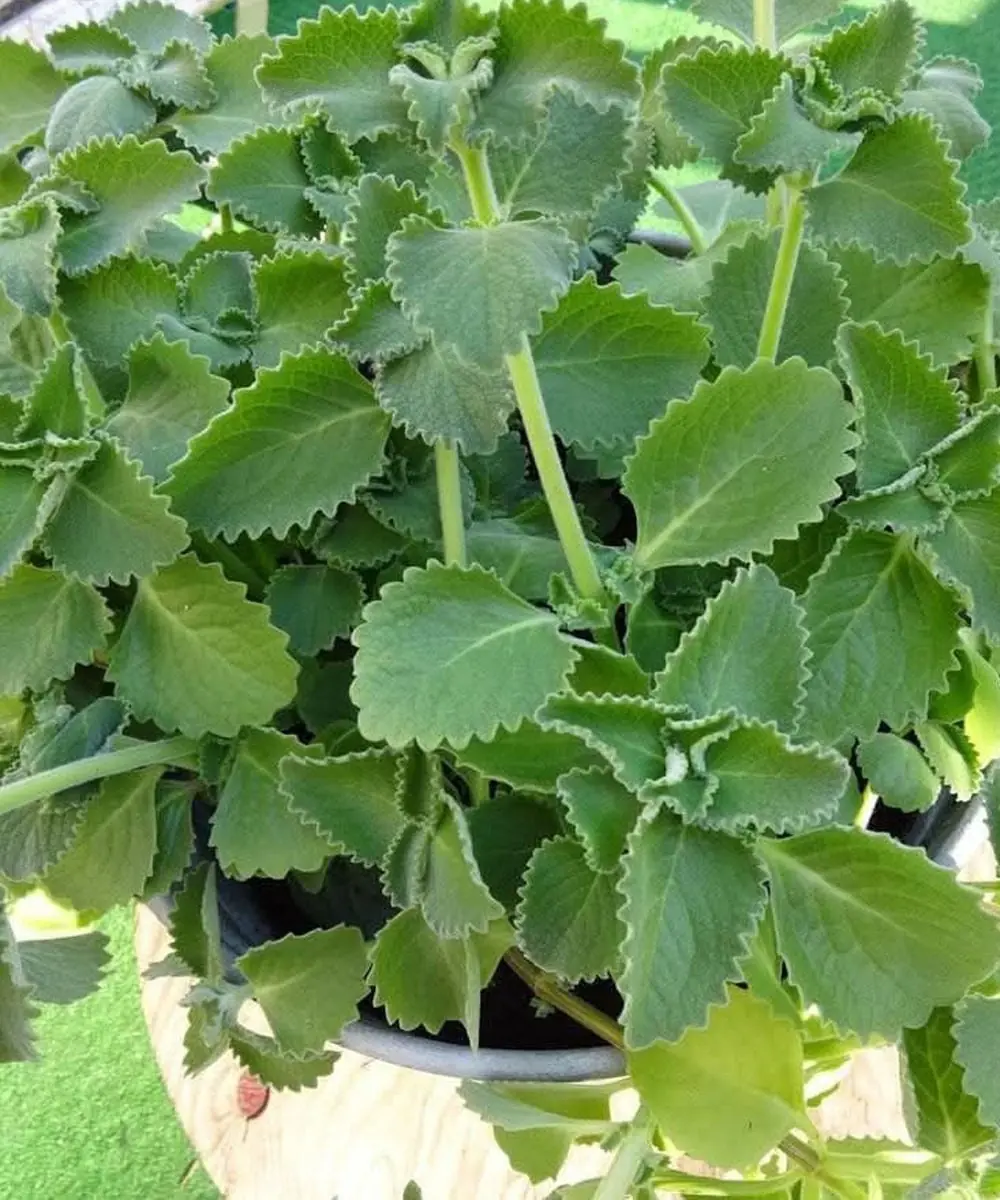
A Scientific Look at Oregano’s Role in Supporting Wellness

Scientists discover ‘stealth bacteria’ from your mouth are hiding in your arteries and triggering heart at:tacks

Cold, numb legs or feet? Eat this one food to restore circulation naturally
News Post
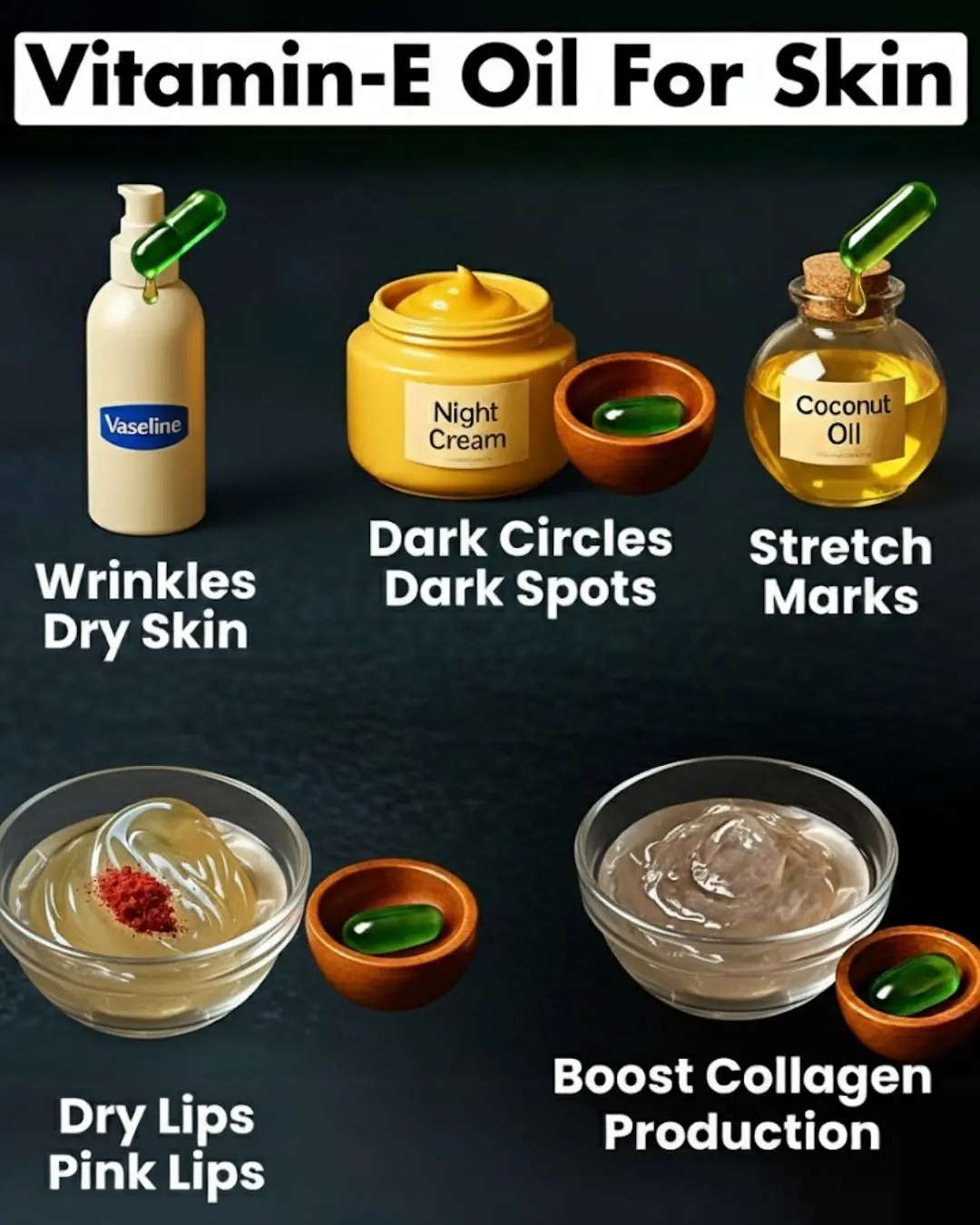
Vitamin E Oil uses for Skin – Glowing Skin, Dark Circles & Wrinkles
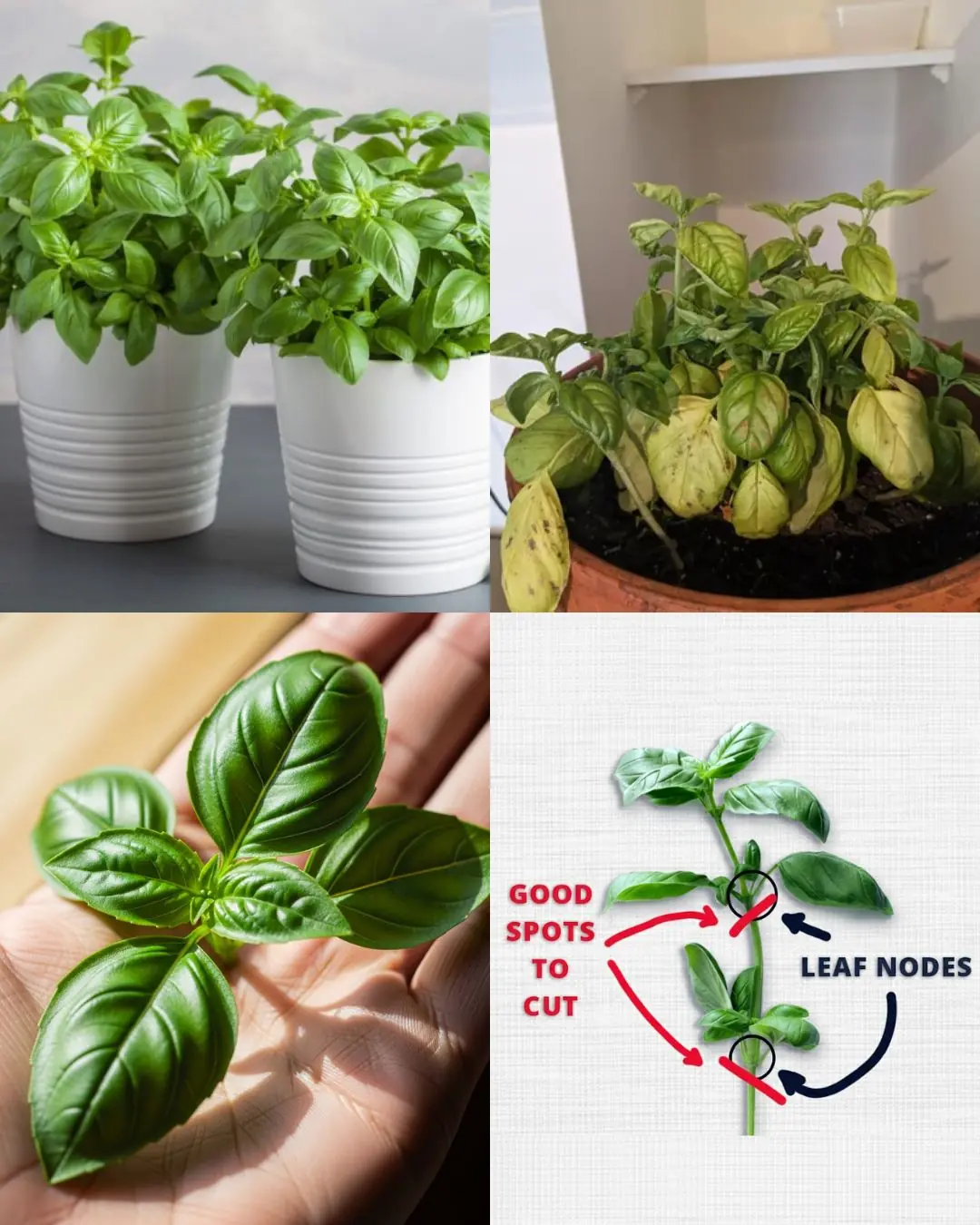
How to Keep Supermarket Basil Alive and Thriving

3 Best Detox Drinks for Glowing, Healthy Skin

Erase Wrinkles and Fight Signs of Aging with Banana Face Pack: The Ultimate DIY Skincare Remedy

DIY Korean Rice Cream: The Secret to Wrinkle-Free, Glowing Skin Even After 50 – DIY Recipe and Benefits

Anti-Aging Face Mist with Rice Water: Unlock the Secrets to Hydrated, Glowing Skin
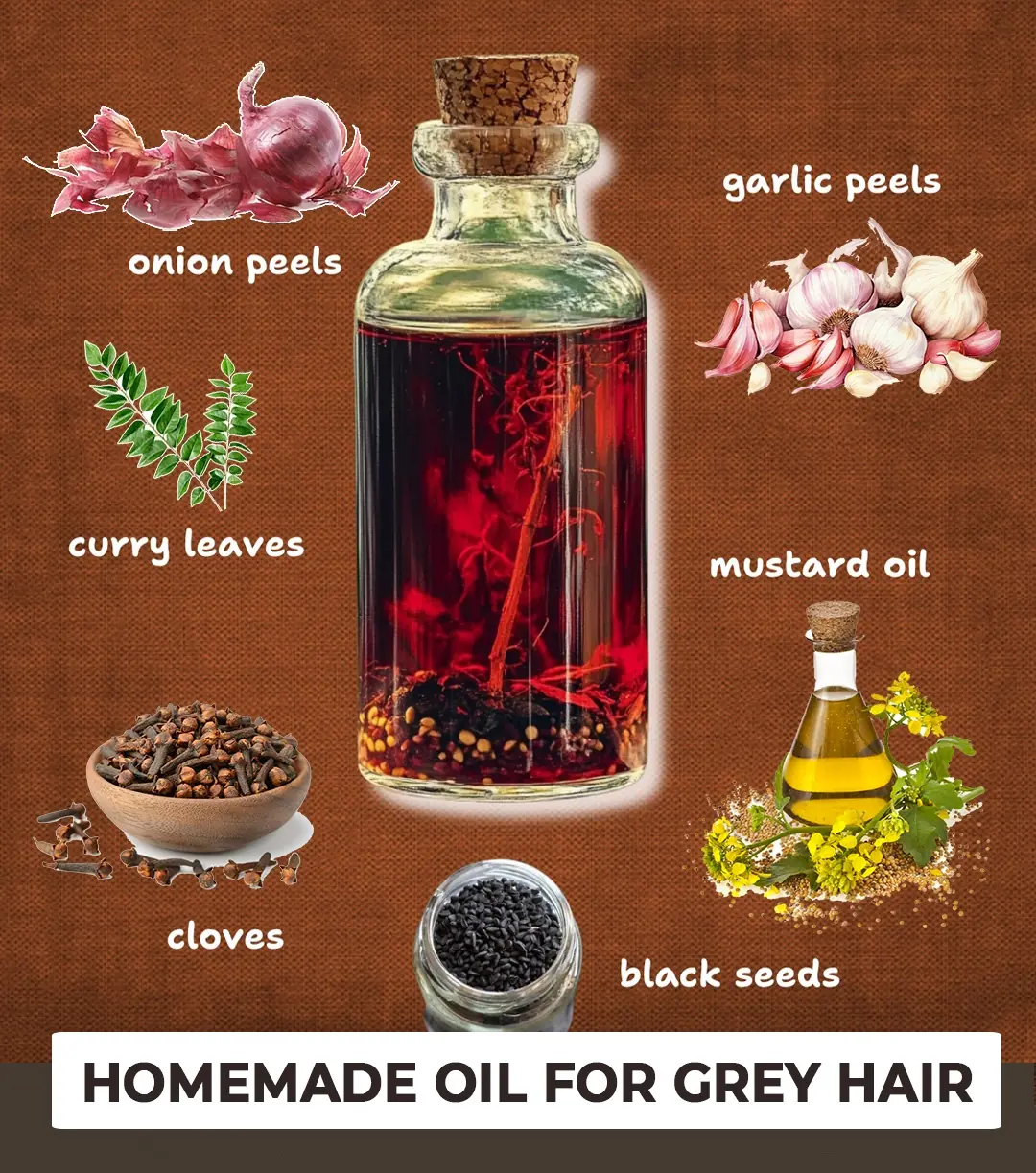
Roasted onion peel treatment for grey hair

Homemade Onion Juice Serum To Grow Thick Eyebrows In Just 1 Week

DIY Aloe Vera Beauty Cubes for Dark Spots, Acne, and Skin Rejuvenation: The Ultimate Skincare Hack

6 Home Remedies to Lighten Dark Underarms | How to get rid of Dark Underarms
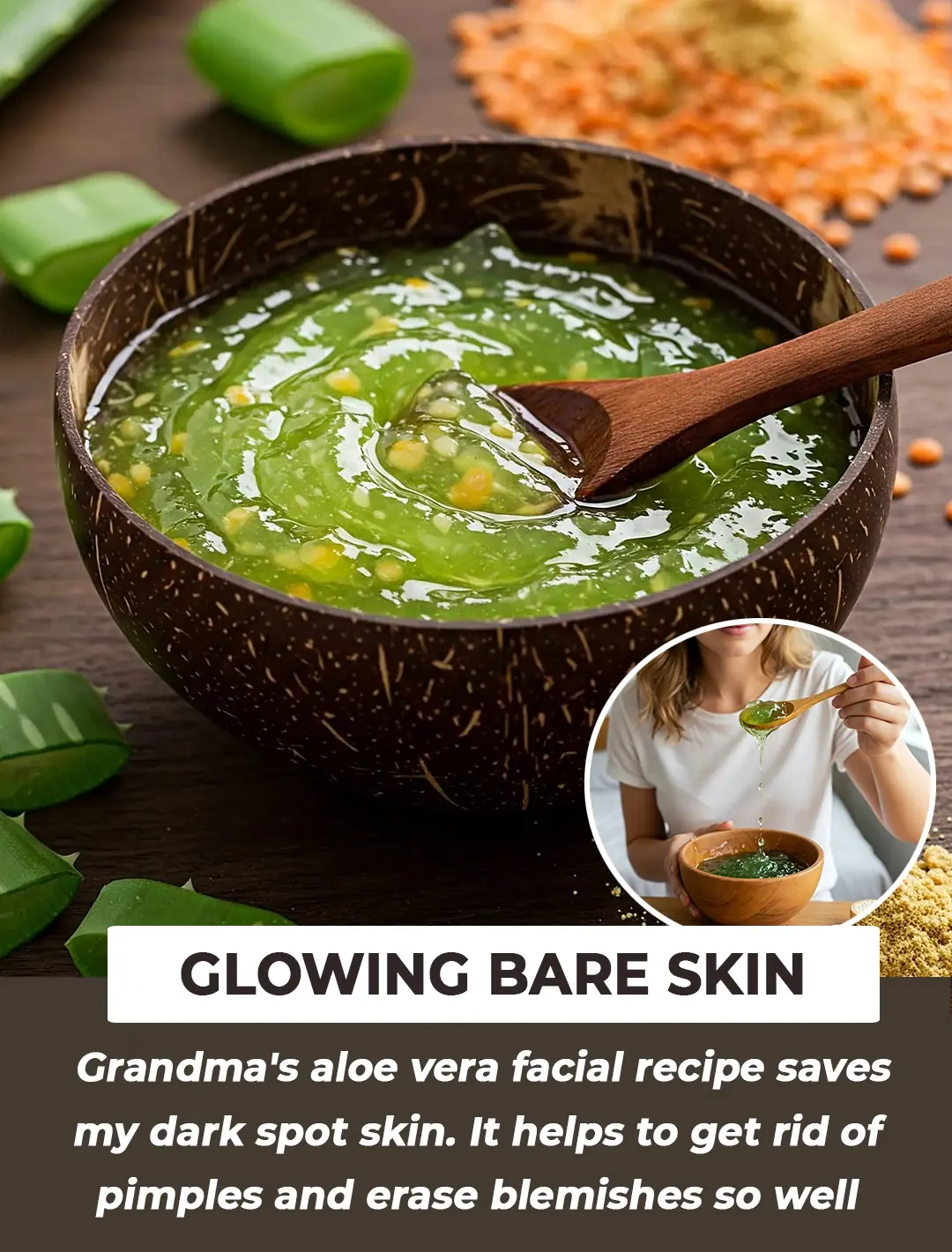
DIY Aloe Vera Facial: A Step-by-Step Aloe Vera Facial for Skin Lightening

How to make banana vinegar with just 4 simple ingredients, and enjoy the delicious final product.

Drinking lemon ginger water provides these 6 amazing benefits for your body

Mosquitoes are most afraid of this bowl of water. Place it in your house, and no matter how many mosquitoes there are, they will all be gone. Sleep peacefully!

Drinking lemon ginger water provides these 6 amazing benefits for your body.

Anyone Whose Hair Is Falling Out Needs To Make This 2-Ingredient Drink Immediately

13 Detox Foods To Flush Out Toxins, Fight Cancer Cells And Relentlessly Hunt Free Radicals

Doctor warns: your ‘healthy’ lemon water habit is actually destroying your liver – here’s what you’re doing wrong

The Secret Power of Plantago Major that no one knows
